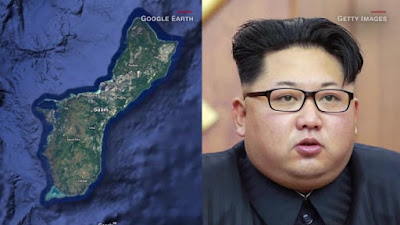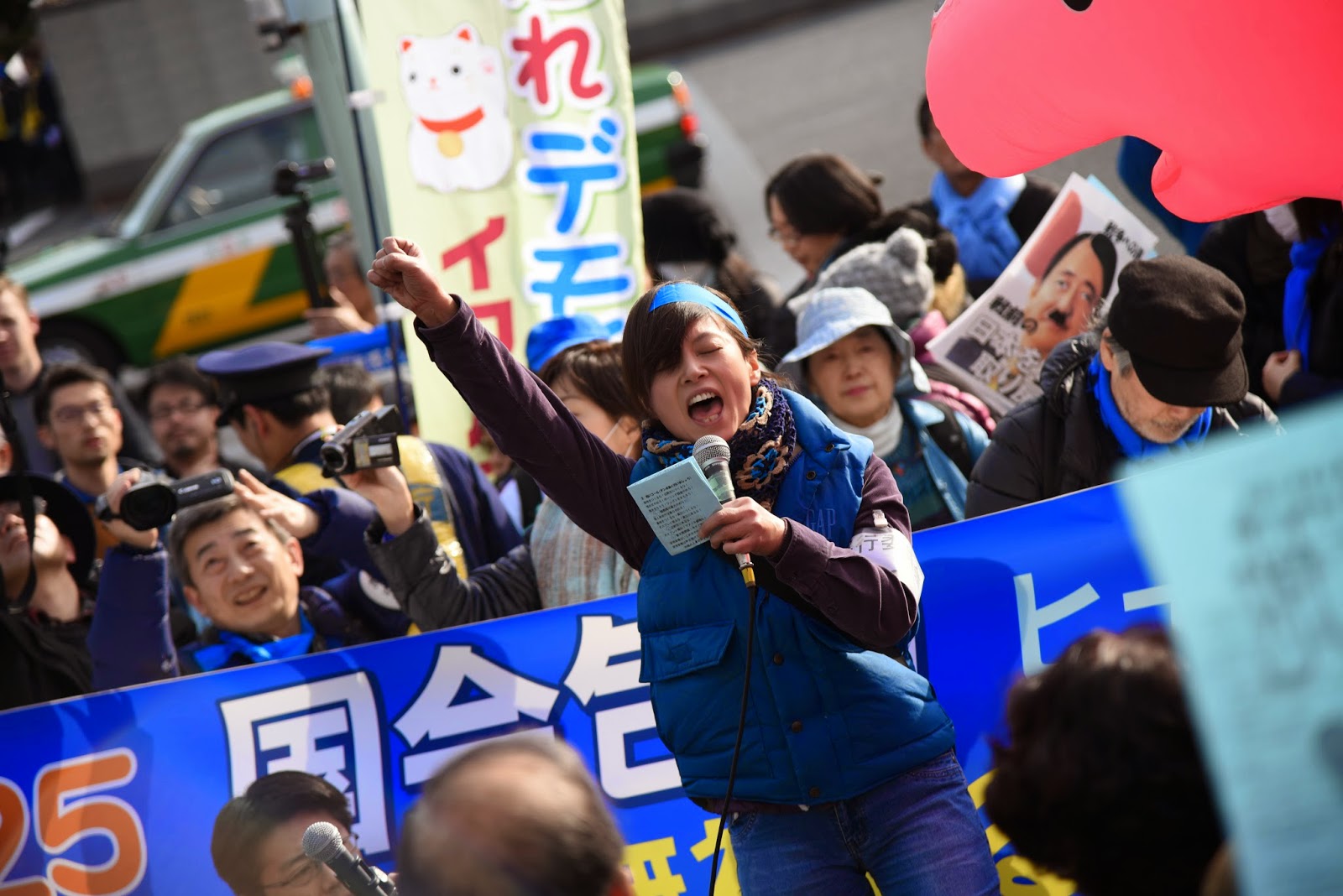My Testimony Before the UN Fourth Committee
Testimony to the Fourth Committee of the United Nations From Michael Lujan Bevacqua, Ph.D. Co-Chairperson, Independence for Guam Task Force October 3, 2017 Buenas yan håfa adai todus hamyo ko’lo’ña si Maga’taotao Rafael Ramirez Carreño i gehilo’ para i kumuiten Mina’Kuåtro, gi este na gefpå’go na ha’åni. Magof hu na gaige yu’ guini på’go para bai hu kuentusi hamyo yan kuentusiyi i taotao Guåhan put i halacha na sinisedi gi islan-måmi. (Hello to all of you on this beautiful day. I am grateful to be here now so that I can speak to you, in particular H.E. Rafael Ramirez Carreño, Chair of the C24, and speak on behalf of the people of Guam about recent events that transpired in our island home.) My name is Michael Lujan Bevacqua and I am a professor of Chamorro Studies at the University of Guam. I am also the co-chair for the Independence for Guam Task Force, a community outreach organization tasked with educating our island about the possibilities should





